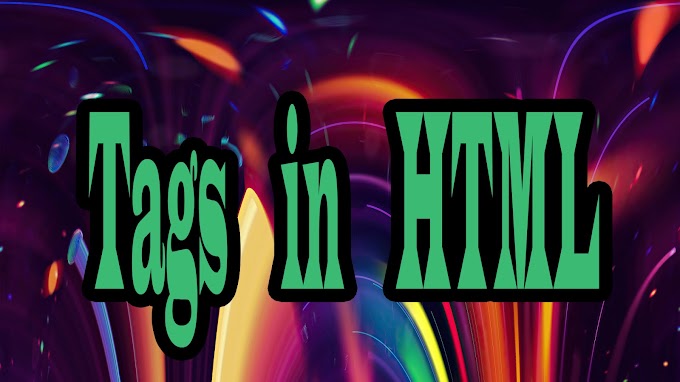Some
man think that he is running a small website and hackers will not hack this for
small advantage. Most of the website security breaches are generally not meant
to mess with your website design or or steal your data, but in its place efforts
to use your server as an email relay for spam, or set up a short-term web
server to serve files of an illegal nature. Compromised websites can also be harmed
in other ways like using your servers to mine cryptocurrency, or as a share
of a botnet. You can also be hit by ransomware easily.
Here
are some tips to keep you and your site safe online.
Check and Secure passwords
At present, it is common fact to use protected passwords that use a blending of numbers, characters. The combination or blending of numbers and characters is very important. Only numbers or only characters make week password.
Dictionary
attacks and Brute force have great success on cracking accounts where people
have used easy and ineffective passwords including personal information (own
name, contact number, address etc.). Password strength indicators should on the
registration forms of website so that users get an idea about how tough and
strong their password is. Besides random password generator can help those user
who does not know how to sort their password. So including random password
generator also can be great idea.
Keep software up to date
By
keeping all software up to date you can secure your site. This works on both
the server operating system and any software you may be running on your website
such as a CMS or forum. Once website security leakages are found in software,
hackers are fast to attempt to abuse them.
Managed
hosting solution users don't need to care so much about security updates for
the operating system since the hosting company should take care of this.
When
using third-party software on your website like a CMS
or forum, you must ensure that you are fast to apply all security patches. Maximum
sellers have a mailing list or RSS feed for detailing any website security
issues. Some platform like Wordpress and Umbraco inform you from existing
system if you log in.
Some
tools like npm, or RubyGems can be used to handle their software dependencies. Confirm
that your dependencies up to date. Use tools like SRC:CLR to catch automatic notifications whenever a susceptibility
is announced in one of your components.
Improved SQL queries
If
an SQL query is being inhabited using data by a submitted form of a URL
variable, then it has the probable to be used for the purpose of an SQL
injection. SQL injection attacks are while an attacker uses a web form field or
URL parameter to get access to or operate your database. Instead of using
parameterized queries SQL injection attack can be prevented with most scripting
languages.
Install SSL certificate
Via
installing an SSL certificate for your website, you can remove this kinds of weakness
between your website and your visitors’ computers. If hacker attempts to spy on
an encrypted connection will only see distorted text and that is no use for him.
Strip out HTML from submitted
forms
Stripping
out HTML form submissions can assist you to guard against XSS (Cross Site Scripting
attacks). XSS attack happens when an
attacker try to use a form to submit Javascript or other code to perform malicious
code against the visitors in your website.
Check your error messages
regularly
Be
careful about how much info you give away in your error messages. Deliver only negligible
errors to your users, to confirm they don't drip secrets present on your server
such as API keys or database
passwords. Never provide full exception information, always keep detailed
errors in your server logs, and display users only the information they need
Take a closer look at file
uploads
Allowing
your visitors to upload files to your website can make a massive security risk.
The file could contain malicious code that can be effect on the server.
The
best solution for this is to stop direct entrée to all uploaded files. Keeping
files in a directory outside of the actual web root so that no direct way of
accessing them or executing them. You may wondering how you can still serve
them to your visitors. For it simply put together a script that capable to
fetch them from the private folder or database. After that you can render them to your browser
or on pages by providing the proper content style.









2 Comments
This is a useful article. The Way of writing is good. By reading this, I surely can enrich my knowledge. Your idea is really outstanding. Thank’s to share us such an important thing.
ReplyDeletewelcome
Delete